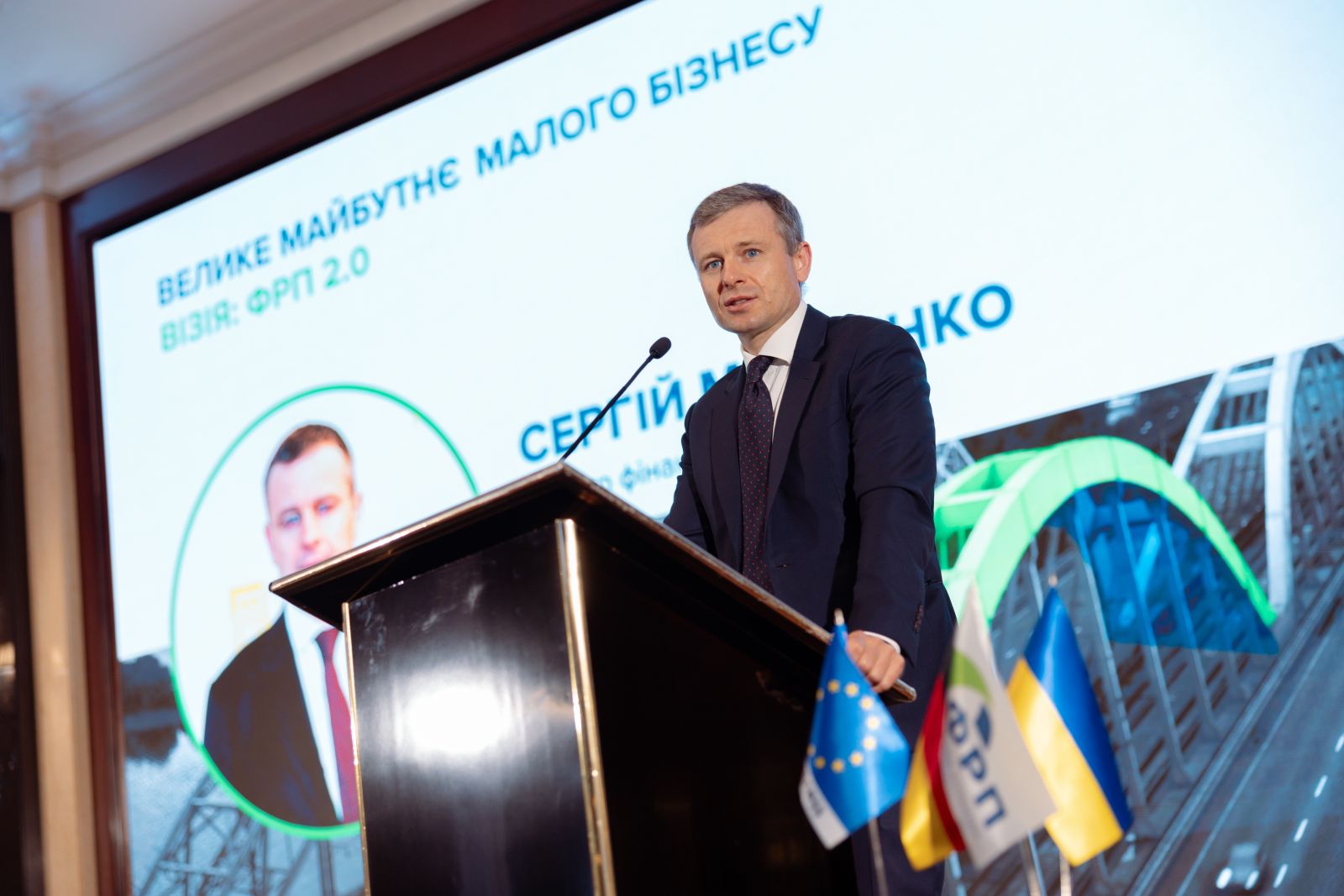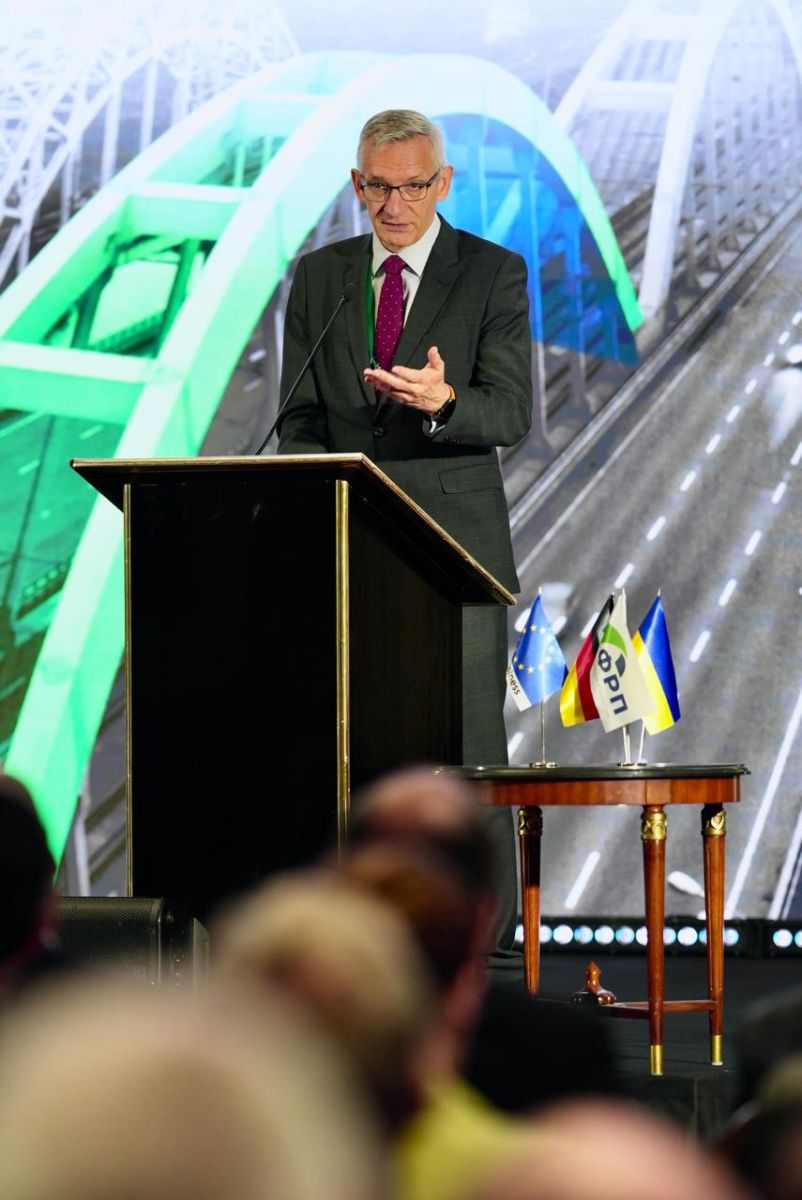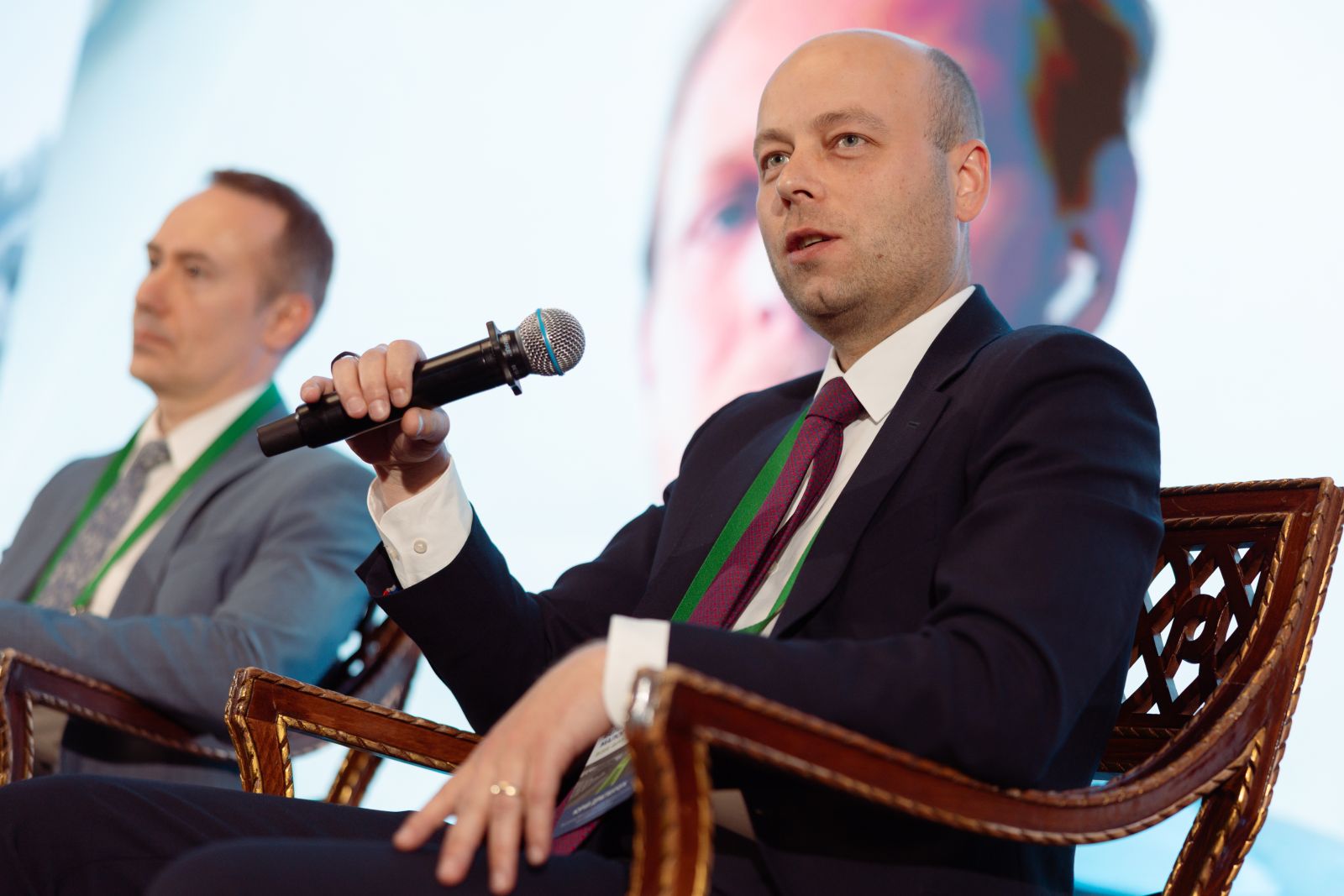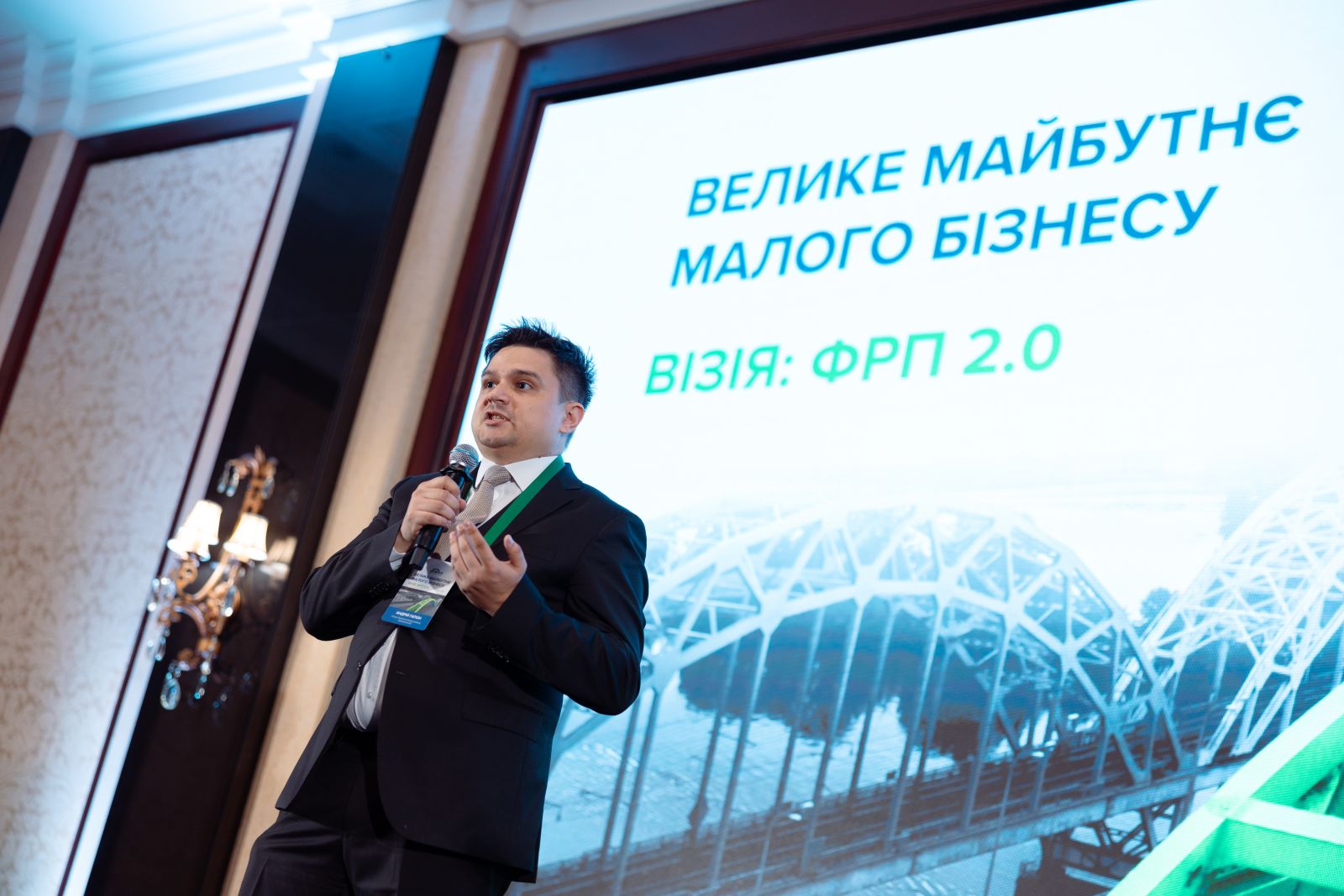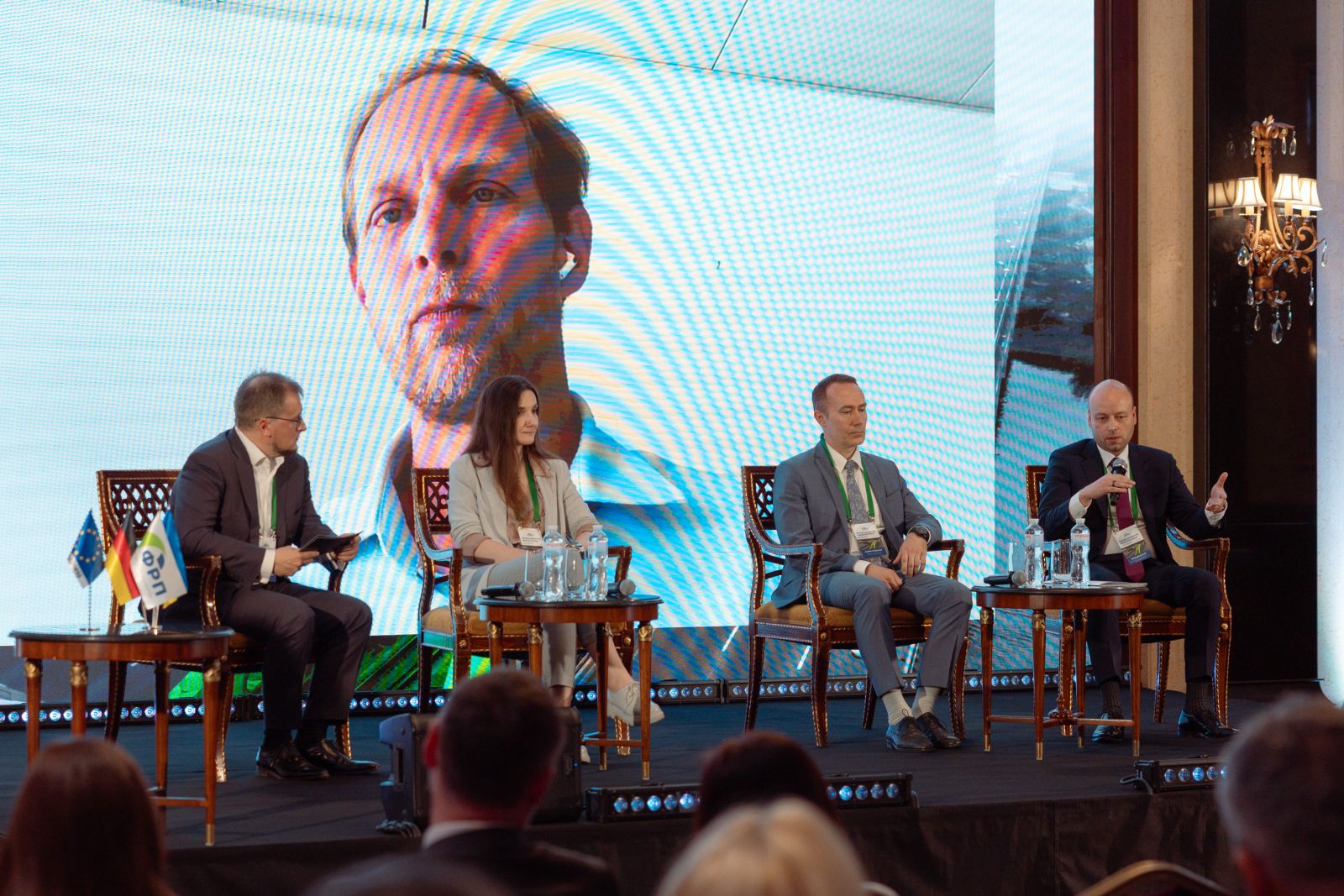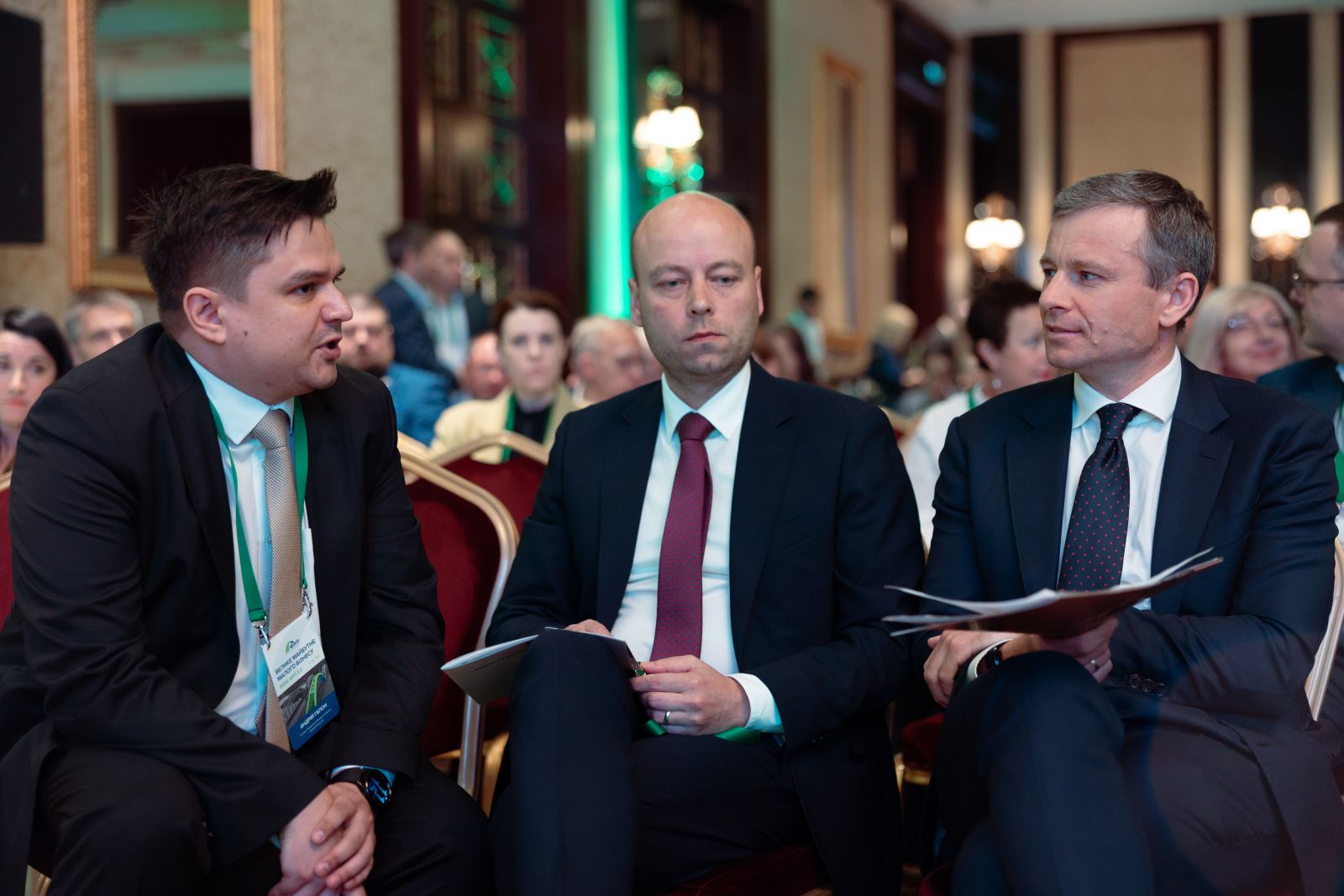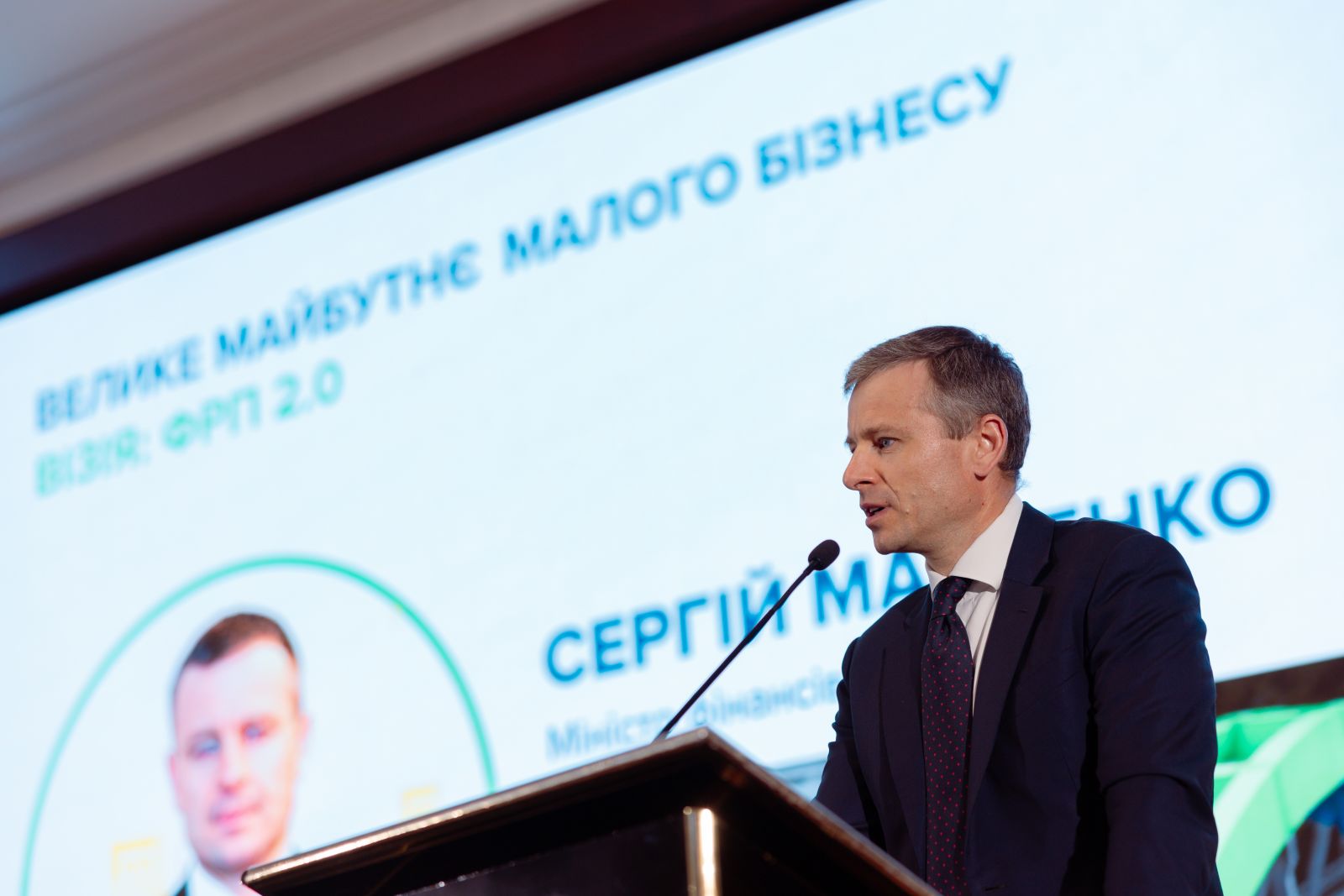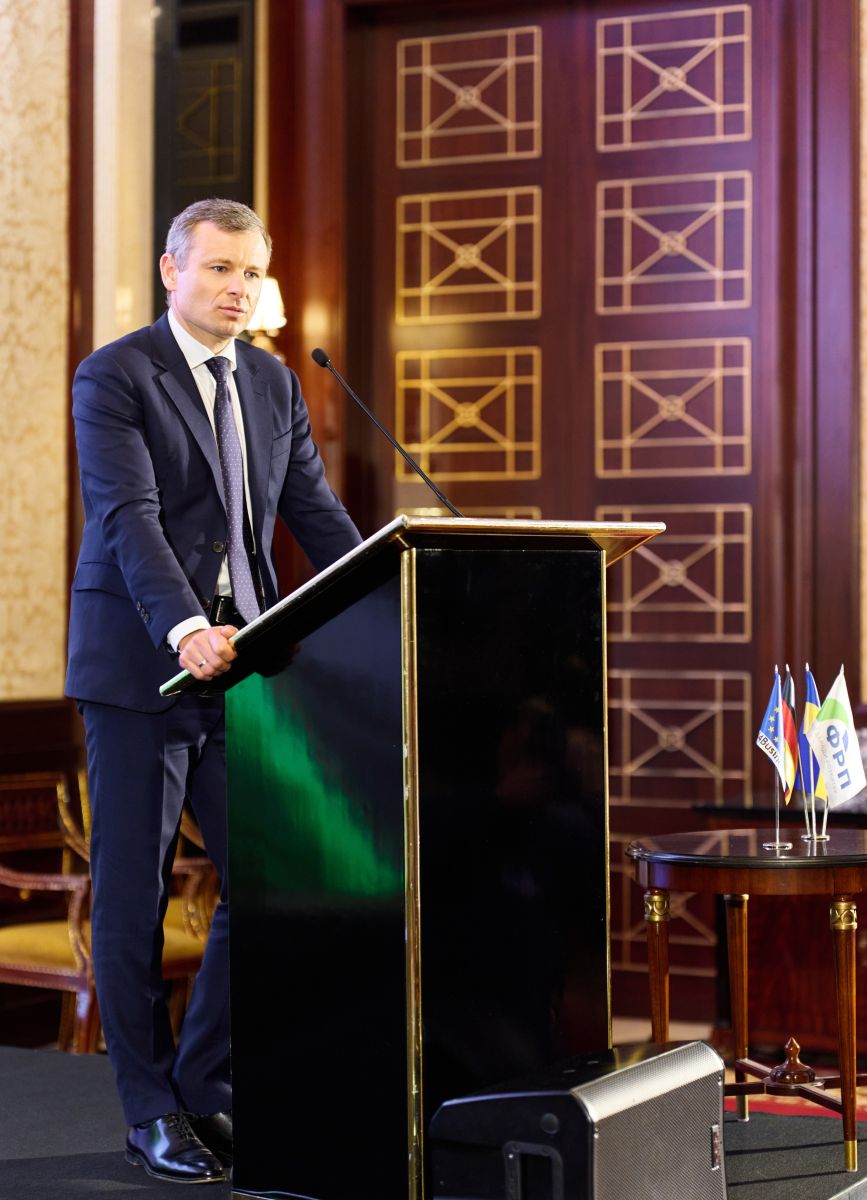Sergii Marchenko: BDF’s new mandate should create new opportunities to support small and medium-sized businesses
On June 11, 2025, the event “Great Future of Small Business. BDF Vision: 2.0” was held in Kyiv, during which the results of the Business Development Fund's activities for 2022-2024 were presented, as well as long-term plans for a reboot - an updated mandate of the Fund's activities for the coming years.
Opening the event, Minister of Finance of Ukraine Sergii Marchenko noted that in the context of a full-scale war, Ukrainian business is a reliable support for maintaining macro-financial stability and ensuring the country's defense capability.
As a result of the support from the Government, which is realized through the mechanism of interest rate compensation under the State Program “Affordable Loans 5-7-9”, many companies were able to withstand, adapt and start their development even in the new realities of extreme uncertainty.
Since February 2022, entrepreneurs have received about 83 thousand concessional loans totaling more than UAH 315 billion under the program.
The Minister of Finance also noted that the support of international partners has become an important element in providing financial resources for the implementation of the State Fund for Regional Development programs. This includes about UAH 27 billion which were attracted to refinance budget expenditures under the “5-7-9” program.
“International support for the 5-7-9 Program is a demonstration of trust and recognition of its successful implementation by the Business Development Fund. Over the years, the Fund has demonstrated high efficiency in supporting small and medium-sized businesses, as well as readiness for expansion. The German government and the KfW have responded to Ukraine's proposal to transform the BDF and update its mandate. We are grateful to our international partners for their efforts in supporting Ukrainian business. Today we are forming a vision for the future: the reboot of the BDF should create new opportunities for the development of entrepreneurs in partnership with banks, and in the future will allow the Fund to receive direct support from the EU,” said Sergii Marchenko.
“Besides its heroic military defense, Ukraine is today also fighting to keep its economy running, as the foundation of its war effort. The BDF plays a crucial role in providing affordable loans to SMEs, which are the backbone of Ukraine's economy. Germany launched the BDF in 1999 as the German-Ukrainian Fund and is honoured to help transform it today into a Ukrainian development institution, to play a major role in Ukraine's recovery and reconstruction”, - Martin Jaeger, Ambassador of Germany to Ukraine.
This initiative, called “Vision BDF 2.0”, was officially presented and highly appraised by the German Chancellor in June 2024 at the Ukraine Recovery Conference in Berlin.
“The Ukrainian Government can count on KfW’s support with our experience in the ongoing institutional strengthening of the BDF in line with the BDF Vision 2.0.
We are happy to contribute to BDF’s maturing into a competent and sustainable development finance institution supporting Ukraine’s economic recovery and development now and in the future. In parallel, to further expand SME support and especially the lending to SMEs which are in most need (e.g. in frontline regions and by vulnerable groups), BMZ through KfW is planning to finance the setting up by the BDF of a portfolio guarantee facility – this would promote growth of the SME loan portfolio by leveraging the existing liquidity on the market,” - Lorenz Hessner, Head of the KfW Representative Office in Ukraine
The main focus of the BDF's activities has been and remains financial support for small and medium-sized enterprises. At the same time, the Fund will continue to implement certain Government support programs that require high institutional capacity.
“The implementation of the institutional development of the Fund “Vision: BDF 2.0” is already showing the first successful results, such as the appointment of a professional and independent supervisory board, the introduction of environmental and social standards in the banking sector and the preparation of a draft law on the BDF together with international partners.
We see the BDF as part of the system of development institutions in Ukraine and a reliable partner of banks in supporting small and medium-sized businesses, not competing with them but expanding their ability to provide financing.
In the long term, we want the Fund to be able to directly attract and manage EU funds for the development and implementation of its programs in Ukraine. This will allow the Fund to act not only as an operator of financial support programs, but also as a strategic center for the development of financing for small and medium-sized enterprises,” said Yuriy Draganchuk, Deputy Minister of Finance of Ukraine for European Integration.
The revamped Fund will be able to access capital markets and raise funds from private investors to support programs contributing to Ukraine’s economic recovery.
On behalf of the Fund, Andrii Hapon, Chairperson of the BDF Board, expressed his gratitude to all partners for their continued cooperation. He highlighted the role of international stakeholders—including the German Government, the EU, KfW, GIZ, Norad, UNDP, the World Bank, JICA, and the Luxembourg Development Agency—whose efforts enabled the Fund to expand its financial support for small businesses during the war.
“We are committed to honoring the trust placed in us by our international partners and to building the Fund as a catalyst for innovation and a key driver force in SME financing across Ukraine,” he added.
The transformed Fund will be equipped to deliver effective and targeted financial support for Ukrainian small and medium-sized enterprises in line with international best practices and emerging trends in SMEs development.
The event was organized by the Business Development Fund with the financial support of the German Government represented by the Federal Ministry for Economic Cooperation and Development (BMZ) through the German Development Bank KfW, and with the assistance of the Ministry of Finance of Ukraine, the Ministry of Economy of Ukraine, and global company Deloitte.
